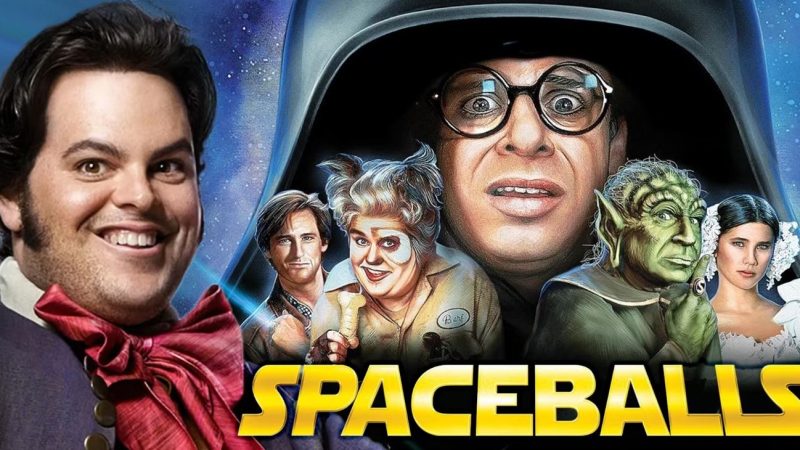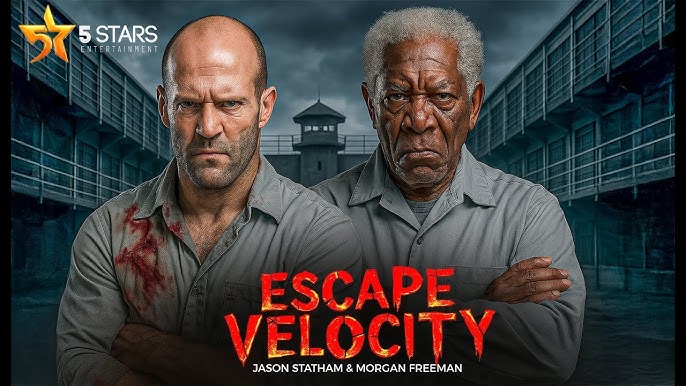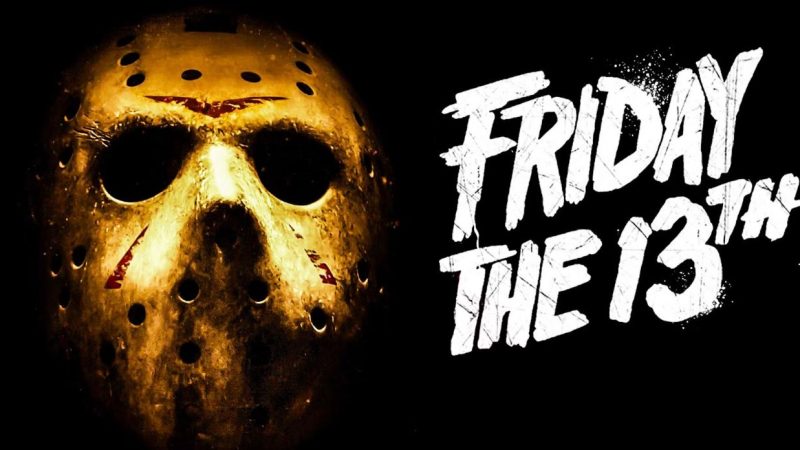As They Made Us – A Tender, Painful Portrait of Family, Grief, and Survival
Table Of Contents
As They Made Us is a deeply personal, emotionally layered debut feature from writer-director Mayim Bialik, best known for her roles on The Big Bang Theory and Blossom. Here, she steps behind the camera to deliver a moving and sometimes harrowing portrait of a dysfunctional family dealing with impending loss, fractured relationships, and the long shadows of the past.
Parents Need to Know
Parents need to know that As They Made Us is a dramedy about a dysfunctional Jewish family whose patriarch (Dustin Hoffman) is slowly dying of a mysterious illness. Written and directed by Mayim Bialik, the story is told through the eyes of dutiful daughter Abigail (Dianna Agron), who takes care of her parents despite their mood swings, violent outbursts, and previous child abuse (kids and teens are hit on camera). Both parents’ psychiatric diagnoses are mentioned but not explored. Instead, the film is largely about how two adult siblings cope with the trauma inflicted upon them. Their parents are difficult and depicted as monsters, but it’s clear that Abigail loves them deeply, even as they suck the life out of her. Jewish culture is woven through the film, particularly rituals associated with death and grieving. A character’s fondness of smoking pot comes up several times, and alcohol also plays a role, with the main character making a poor judgment call while drunk. Strong language (“s–t,” “f–k,” etc.) is used throughout, and when one character gets angry, he calls another a “c–t.” To stay in the loop on more movies like this, you can sign up for weekly Family Movie Night
The Story
The film follows Abigail (Dianna Agron), a divorced mother of two and a successful magazine writer, whose life is pulled in every possible direction. She’s trying to raise her sons, navigate the complexities of a possible new romance, and stay afloat professionally. But her greatest burden comes from her family — a mother (Candice Bergen) who is both needy and critical, a father (Dustin Hoffman) whose health is rapidly declining, and a brother (Simon Helberg) who cut ties with the family long ago and refuses to return.
As Abigail becomes the emotional and logistical center of this collapsing world, As They Made Us slowly unpacks the generational trauma that shaped her. Through flashbacks and difficult conversations, we learn of a childhood clouded by emotional volatility, abuse, and unspoken wounds — the kind that don’t fade with time.
A Story From the Inside Out
What makes As They Made Us so compelling isn’t just its portrayal of a dysfunctional family — we’ve seen that before. It’s that Bialik tells the story not through the lens of the person who escaped, but from the perspective of the one who stayed behind. Abigail is a rare kind of protagonist: quiet, loyal, burdened, and breaking under the weight of inherited pain. Dianna Agron delivers a career-best performance, her eyes conveying years of exhaustion, tenderness, and quiet strength.
Simon Helberg, in a sharp turn away from comedy, plays Nathan, the estranged brother, who chose self-preservation over familial duty. Their dynamic is rich with resentment, guilt, and a deep yearning to reconnect — a powerful depiction of how siblings can be shaped, and shattered, by the same parents in very different ways.
Dustin Hoffman and Candice Bergen bring a raw, uncomfortable authenticity to the roles of Eugene and Barbara, the parents. While Eugene is fading, Barbara clings to control with biting sarcasm and dismissiveness, refusing to acknowledge the damage she’s done. And yet, Bialik doesn’t villainize them. She shows how mental illness, addiction, and generational ignorance can distort love into something unrecognizable.
Beautifully Flawed, Brutally Human
There’s a quiet, unfiltered humanity that runs through As They Made Us. It’s not a movie that tries to be universally palatable — it’s messy, uncomfortable, and at times emotionally suffocating. But that’s what makes it resonate. Many viewers, particularly those who grew up in chaotic homes, may find themselves painfully seen.
Still, the film isn’t without its weaknesses. Its pacing falters in the second half, and the tone wavers between quiet introspection and heavy-handed symbolism. Some moments linger too long; others rush past. Yet Bialik’s voice as a filmmaker is unmistakably present: compassionate, unflinching, and rooted in personal truth.
A Personal Lens on Culture and Care
Jewish viewers may find particular resonance in Bialik’s thoughtful portrayal of cultural rituals, familial expectations, and intergenerational tension. These touches aren’t shoehorned in — they’re part of the world, lived-in and respectfully portrayed.
Moreover, the film opens the door for meaningful conversations: about aging parents, emotional labor, sibling estrangement, and the quiet strength it takes to set boundaries — or to return home, even when it hurts.
As They Made Us is not an easy film to watch, but it’s an important one. It asks us to sit with discomfort, to reflect on the people who raised us — lovingly, imperfectly, sometimes harmfully — and to reckon with the ways they made us. It’s about survival, healing, and the hard truth that sometimes, love alone isn’t enough — but it can still be something.
⭐ Verdict:
4 out of 5 stars – An intimate, brave debut carried by vulnerable performances and a powerful emotional core.










